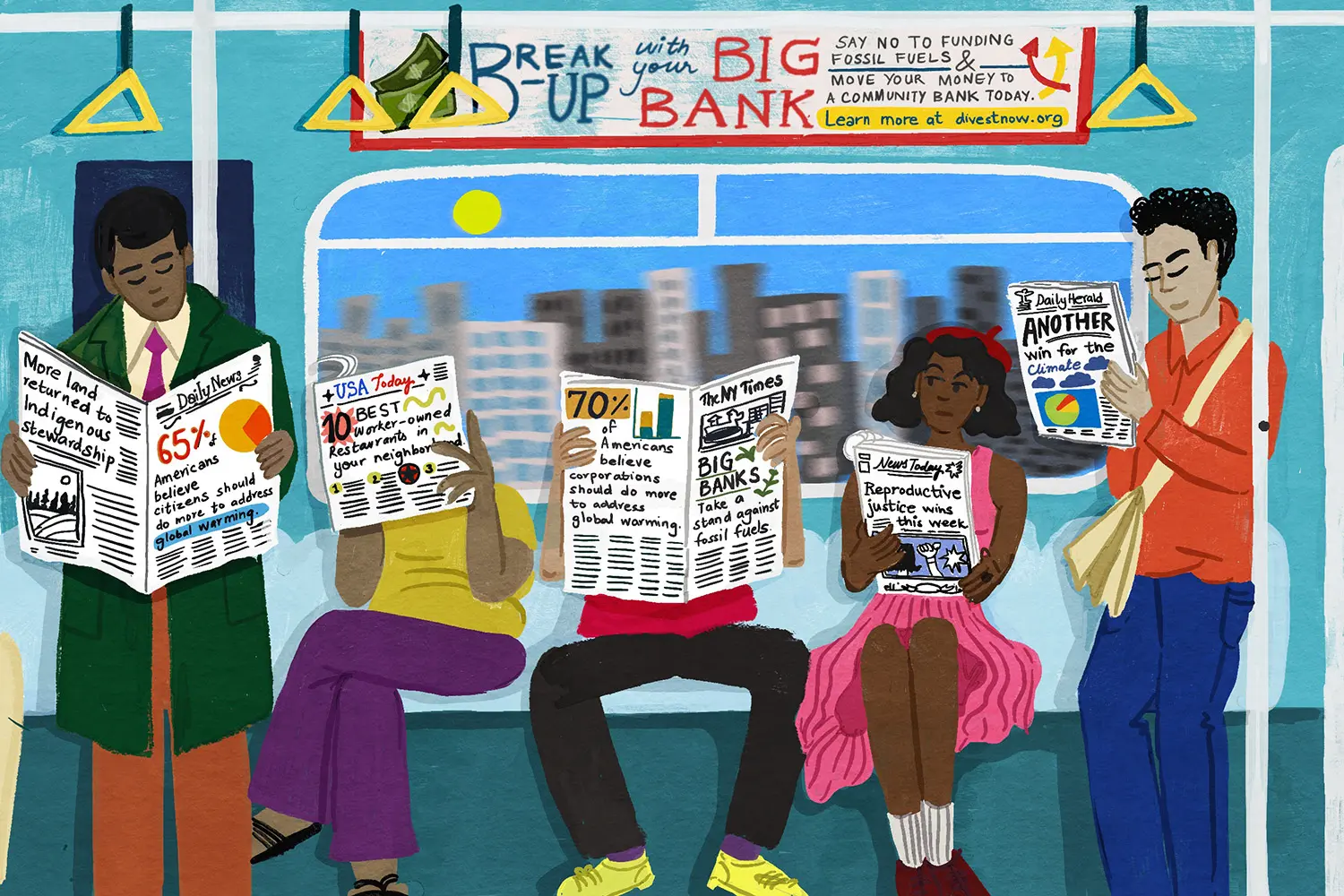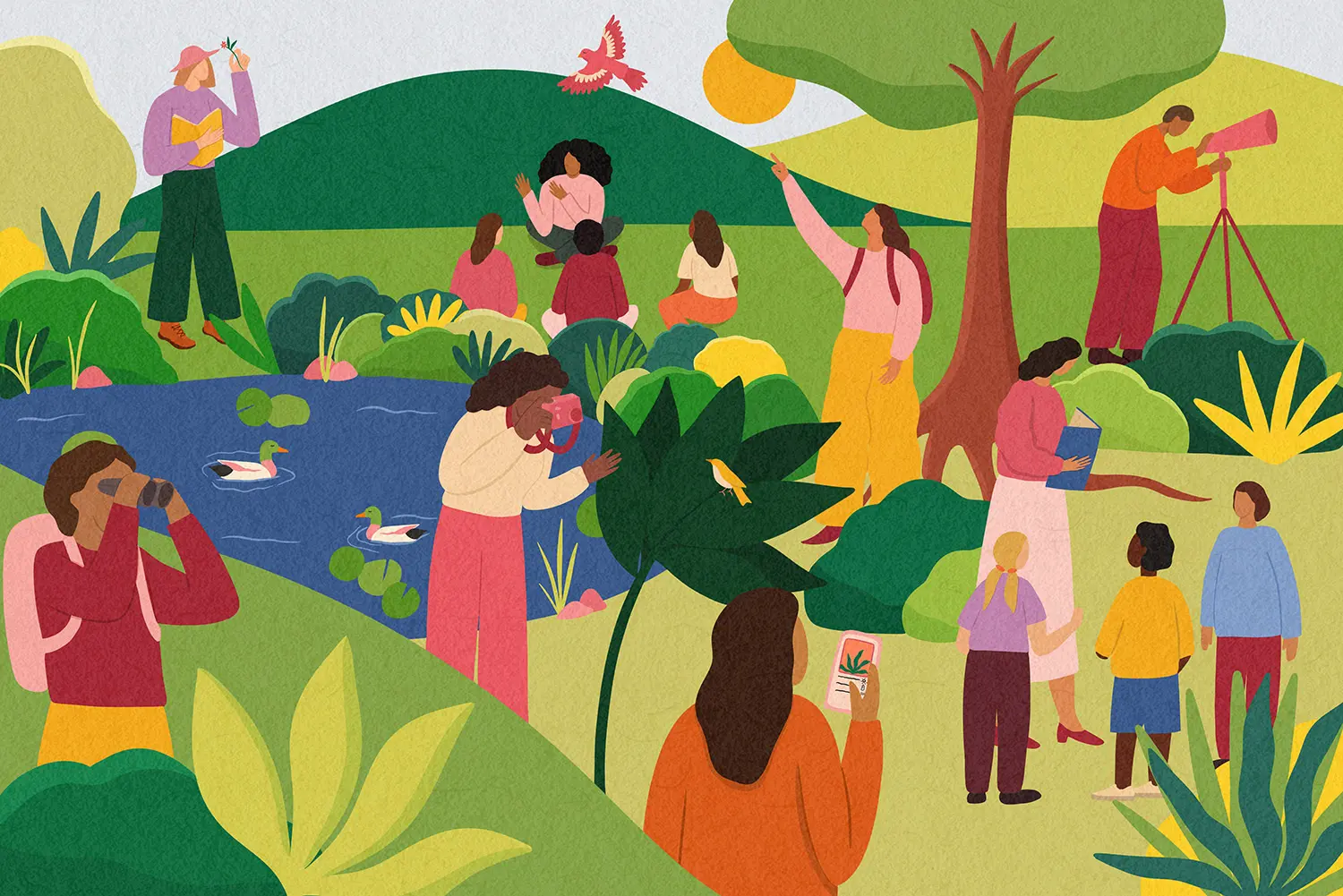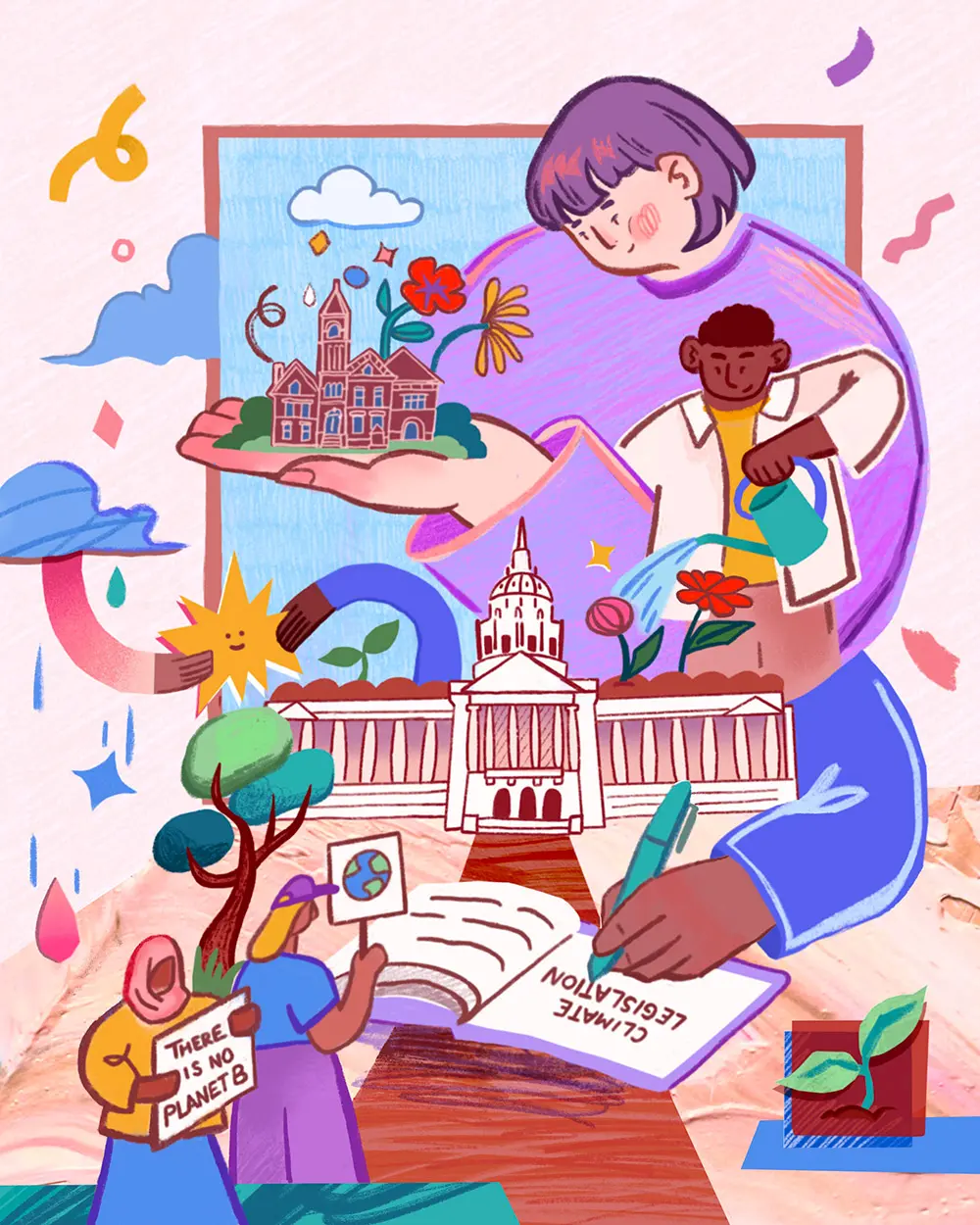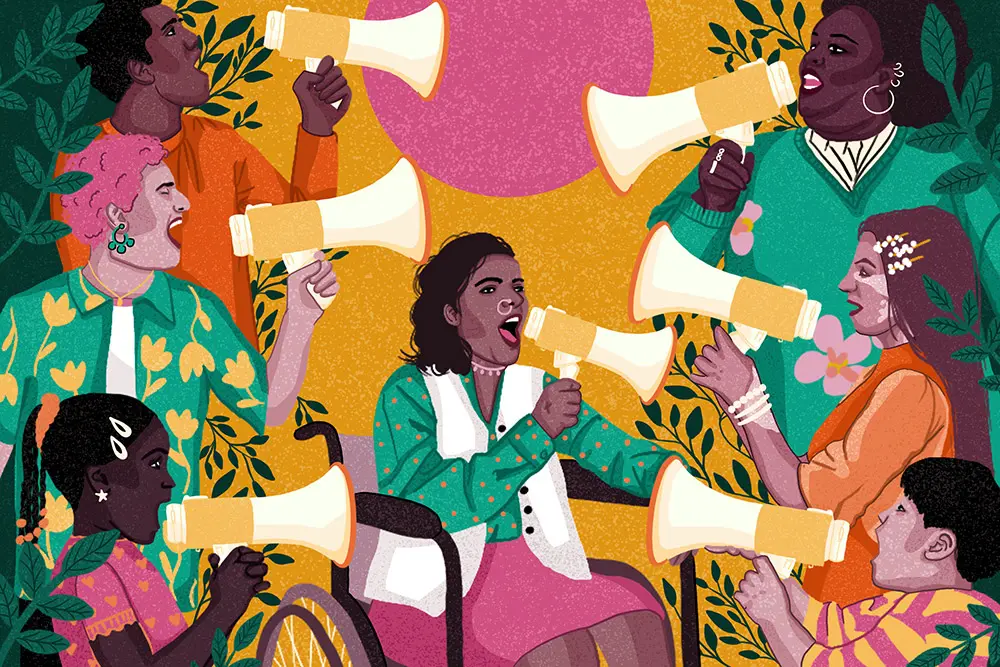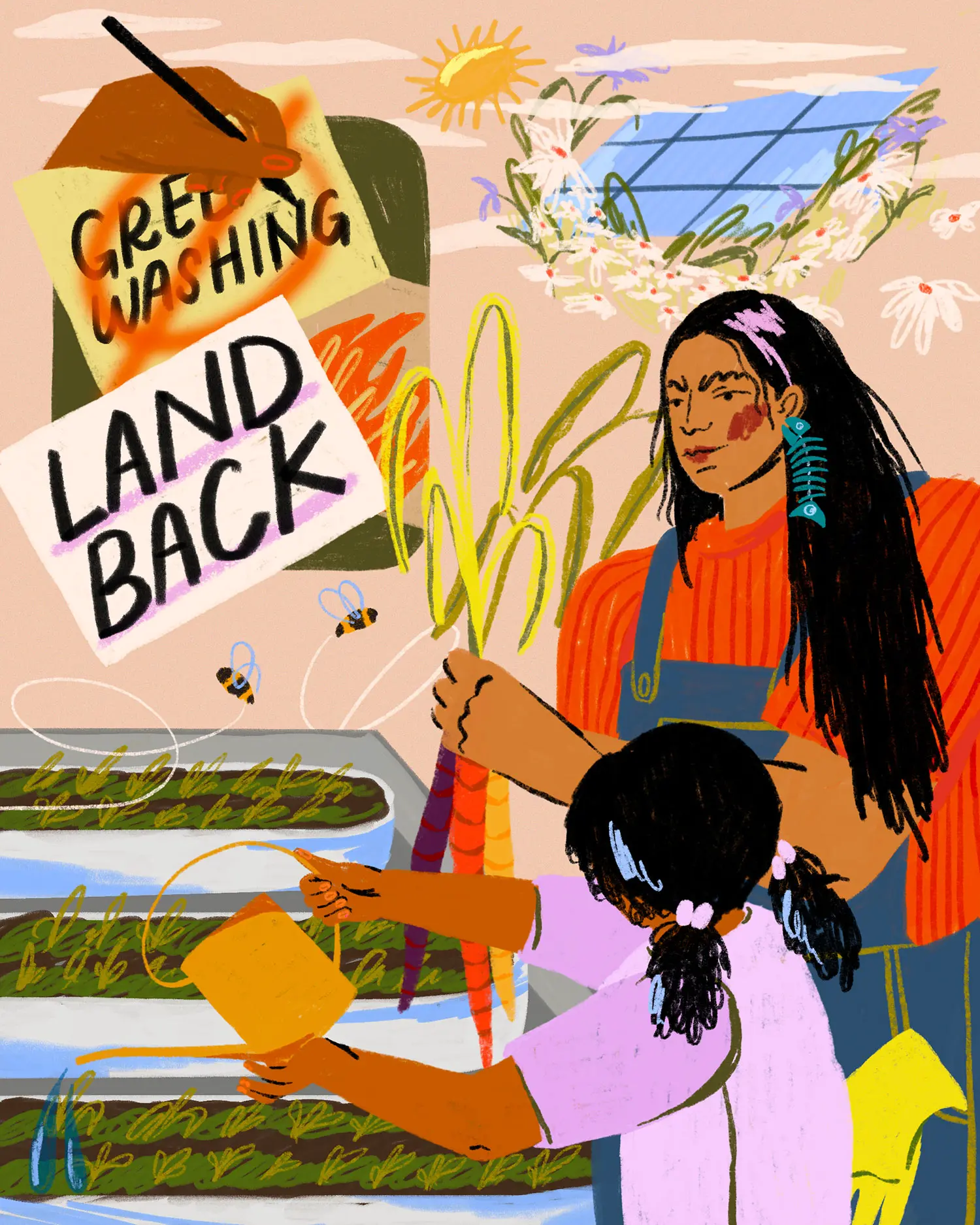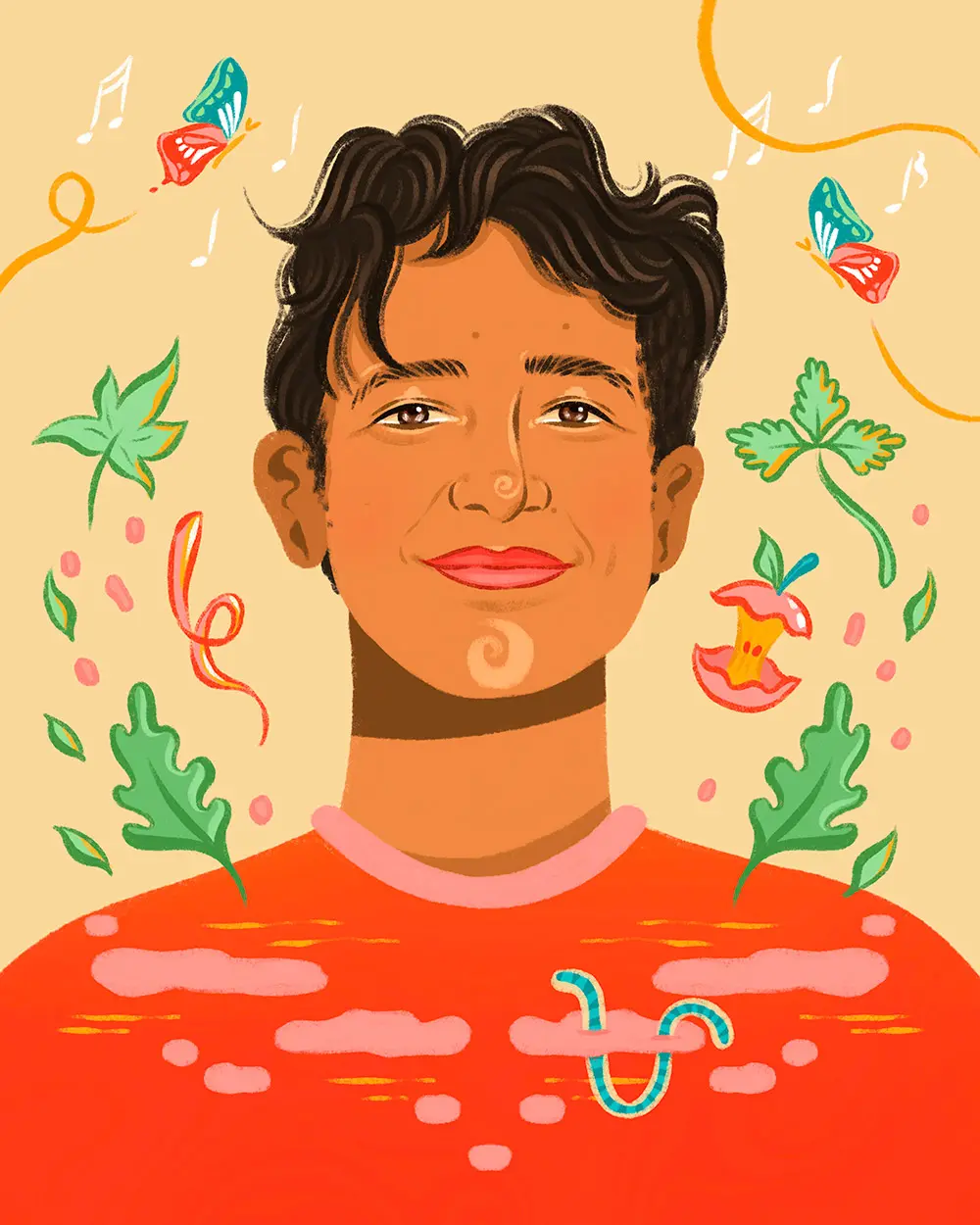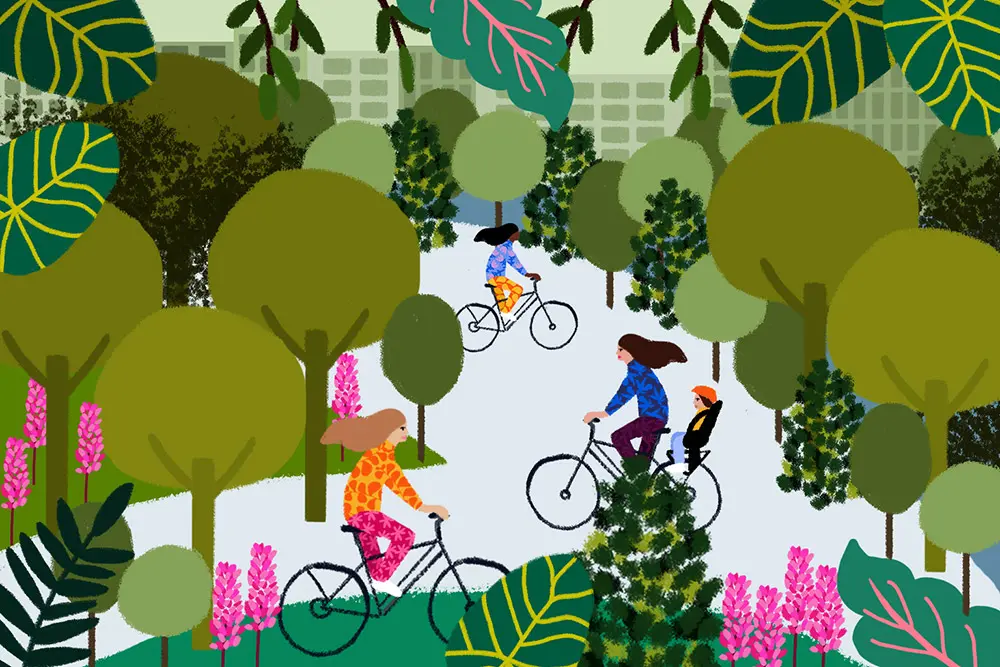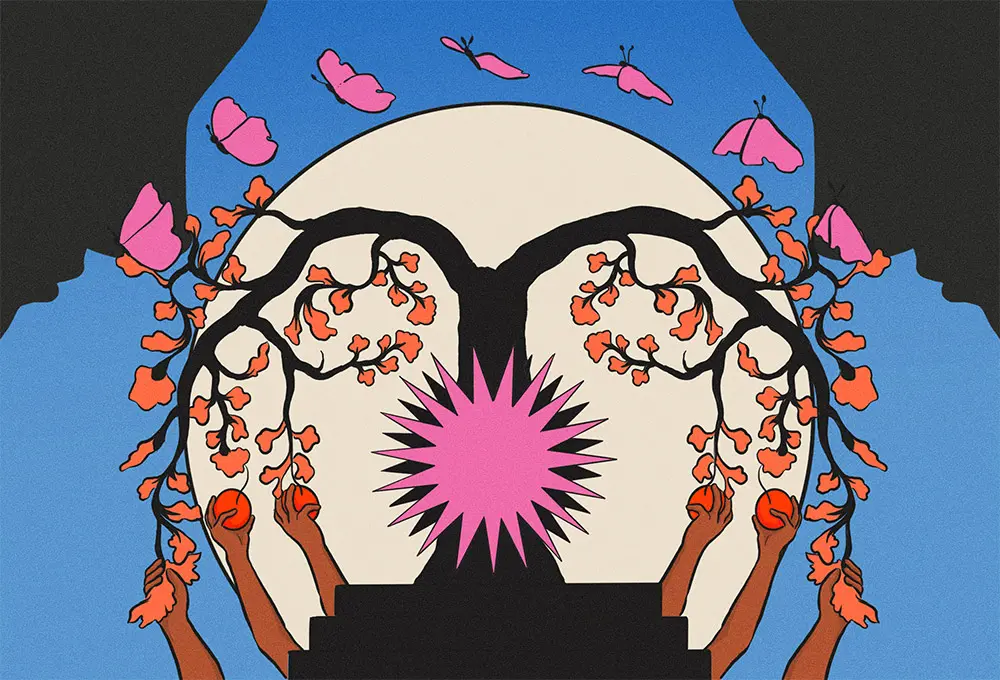Mission
To uplift the wisdom and liberatory climate resilience strategies needed to keep each other safe, care for our communities, and fight back against the climate crisis.
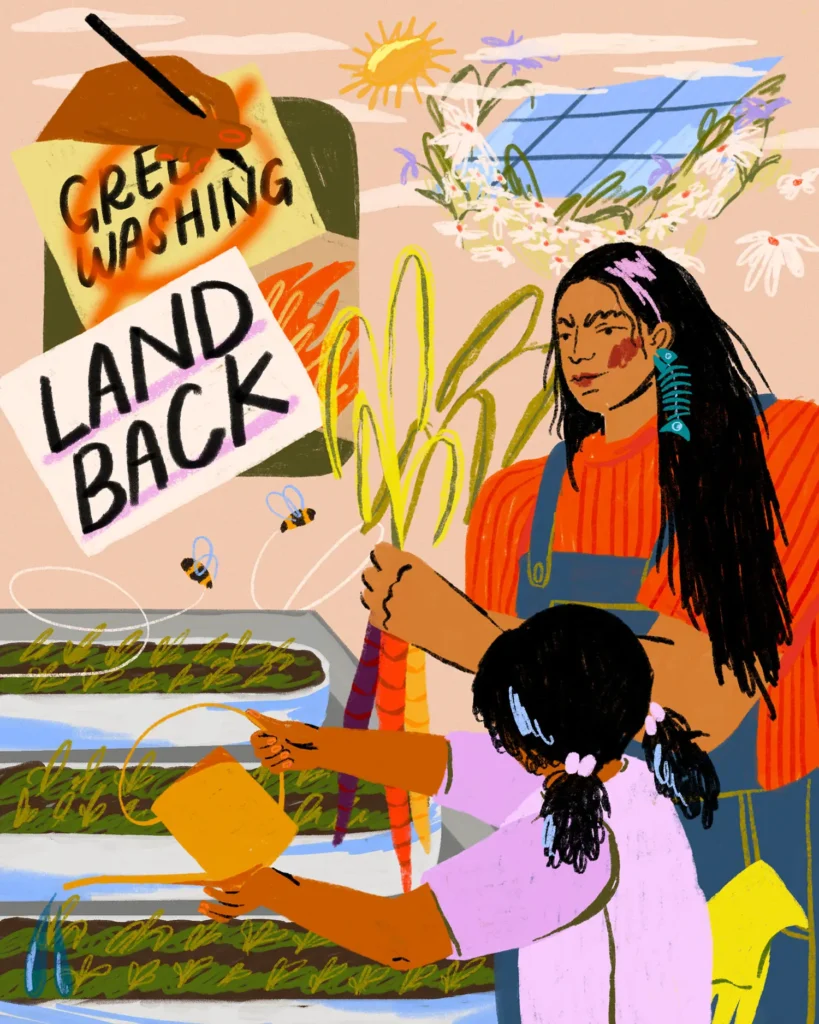
About CRP
As Kylie Flanagan began researching and writing Climate Resilience in the summer of 2020, she quickly realized that it would need a companion—a resource that could be dynamic and ever-evolving, just like the climate crisis and its myriad solutions. She wanted readers of Climate Resilience to have a highly curated resource at their fingertips through which they could explore concepts and strategies more deeply and then get plugged into the work. And she wanted to ensure that folks who hadn’t read Climate Resilience could easily access a lot of the same information and inspiration, too! And so, as soon as Climate Resilience was sent to the printers, she set to work on the Climate Resilience Project.
This website is still very much a work in progress. We’ll be adding more resilience strategy pages, guides, and interviews in the coming months (sign up for our newsletter if you’d like to be notified as these resources become available), and the existing pages will continue to be expanded upon and refined. The hope is that the Climate Resilience Project will one day grow and evolve beyond a book and website, and that the team behind it will expand, too! For now, it’s Kylie and a whole lot of incredible collaborators.
Guiding Principles
Addressing the roots
We recognize that successfully evading climate catastrophe means truly confronting the myth of white supremacy, the paradox of endless growth, and the patriarchal paradigms of conquest and colonization. We take seriously the mandate to rapidly reduce greenhouse gas emissions, and we also know that efforts to decarbonize will continuously fall short if the roots of rising greenhouse gas emissions (and the constellation of interrelated ecological and social crises that compound their impacts) are not addressed.
Centering frontline wisdom
We believe that the folks who have been most impacted by the climate crisis and intertwined crises, and who did the least to contribute to them, are the best positioned to develop informed, intersectional, and grassroots solutions and to implement them in an effective, just, and accountable way.
Optimizing for co-benefits
We understand that the climate crisis is already here, that its impacts are experienced unequally, and that there is still so much that can be done to prevent the climate crisis from further intensifying. Therefore, we are passionate about climate strategies that simultaneously help communities adapt to changing conditions, advance movements for liberation and justice, and radically reduce greenhouse gas emissions.
Embracing complexity
The complexity of the climate crisis demands that we hold the messiness, nuance, and rampant contradictions, and that we get comfortable thinking and existing in the gray. We strive to meet this moment by practicing both/and thinking, expanding our imaginations, and becoming more precise in our strategies.
Rejecting extractive frameworks
Amid a sea of siloed and shallow so-called climate solutions focused on scale, speed, and investor return, we aim to uplift the strategies that are most rooted in relationship, compassion, humility, trust, care, and long-term thinking.
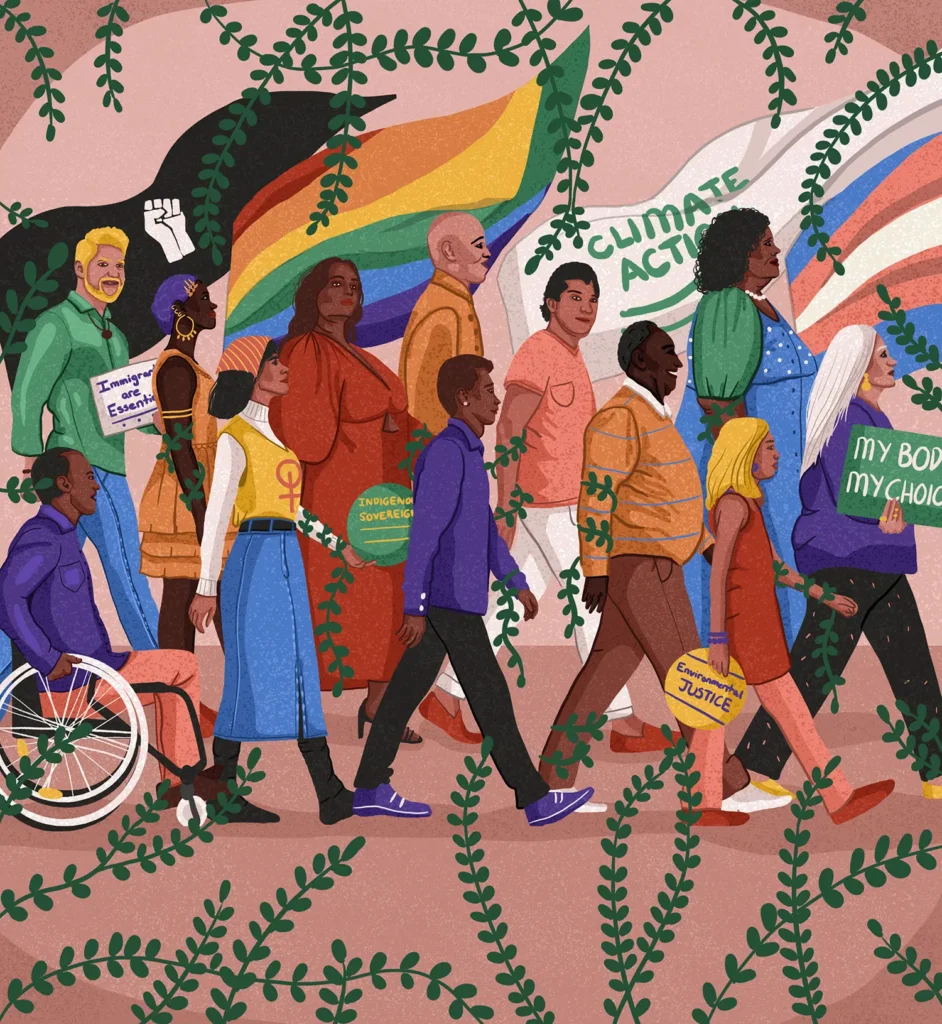
FAQ
As mentioned above, we understand that the climate crisis is already here, that its impacts are experienced unequally, and that there is still so much that can be done to prevent the climate crisis from further intensifying. Therefore, it feels imperative that we lift up the climate strategies that simultaneously help communities adapt to changing conditions, advance movements for liberation and justice, and radically reduce greenhouse gas emissions. We think of climate resilience as that sweet spot where climate mitigation, adaptation, and justice intersect.
For now, the Climate Resilience Project is run by Kylie Flanagan with the support of incredible collaborators. Kylie Flanagan is a climate communicator and the executive director of a small, climate justice-focused foundation. Originally from Miwok lands in the California Bay Area, she currently resides on Munsee Lenape lands in New York City. She graduated Phi Beta Kappa from Dartmouth College and received a master’s in sustainability solutions from Presidio Graduate School. Driven by a desire to make the world more delicious, beautiful, joyous, and just, she has dabbled in goat midwifery, cheesemaking, tiny house architecture and construction, supper club hosting, edible landscaping, sustainable business consulting, and most recently, writing Climate Resilience.
However is most useful for you! Most pages are formatted similarly; with (1) a brief explanation of the strategy, (2) a bit of additional context, (3) some of the various reasons why it qualifies as a climate resilience powerhouse, (4) a handful of spotlights on organizations, projects, or initiatives that are advancing the strategy, (5) some nuance and caveats to keep in mind when further exploring or implementing the strategy, (6) prompts to continue researching, discussing, reflecting upon, and journaling about the strategy more deeply, (7) ideas for ways that you can get engaged with the strategy in your community, and (8) a smattering of resources for continued learning, like articles, reports, guides, books, films, webinars, podcasts, and more.
There are a multitude of potential points of entry into the climate movement, and we hope that this idea can feel freeing rather than overwhelming. By no means are you meant to take everything on! Explore the strategies that most resonate with you and concentrate on the action items that sound energizing rather than depleting.
We believe that climate action is most impactful when it happens in community- in relationship with others and in connection to place. Therefore, you’ll see the term “community” used liberally and expansively throughout these pages, understanding that community can mean so many different things. Depending on the context, sometimes it’s meant to be interpreted in a more spatial sense (i.e. referring to a specific neighborhood, town, or region where people live in close proximity and engage with each other within a defined geographical boundary), and other times it can be interpreted in a more social sense (i.e. referring to a collective of folks who share common interests, values, goals, cultures, identities, or other affiliations, regardless of physical proximity). When in doubt, defer to the ideas of community that make the most sense for you.
While much of the information highlighted on the Climate Resilience Project is geared towards folks living in the so-called United States, many of the resilience strategies are applicable around the world! Take and tailor what feels relevant to you and your context and leave the rest.
There aren’t currently any job openings available with the Climate Resilience Project, but sign up for our newsletter to be the first to know if that changes. In the meantime, if you have an idea for a specific project collaboration, contact us and we’ll do our best to get back to you!
Join the Movement
The climate revolution needs everyone, and we’d love to help you find your role(s) in this beautiful, expansive movement!
